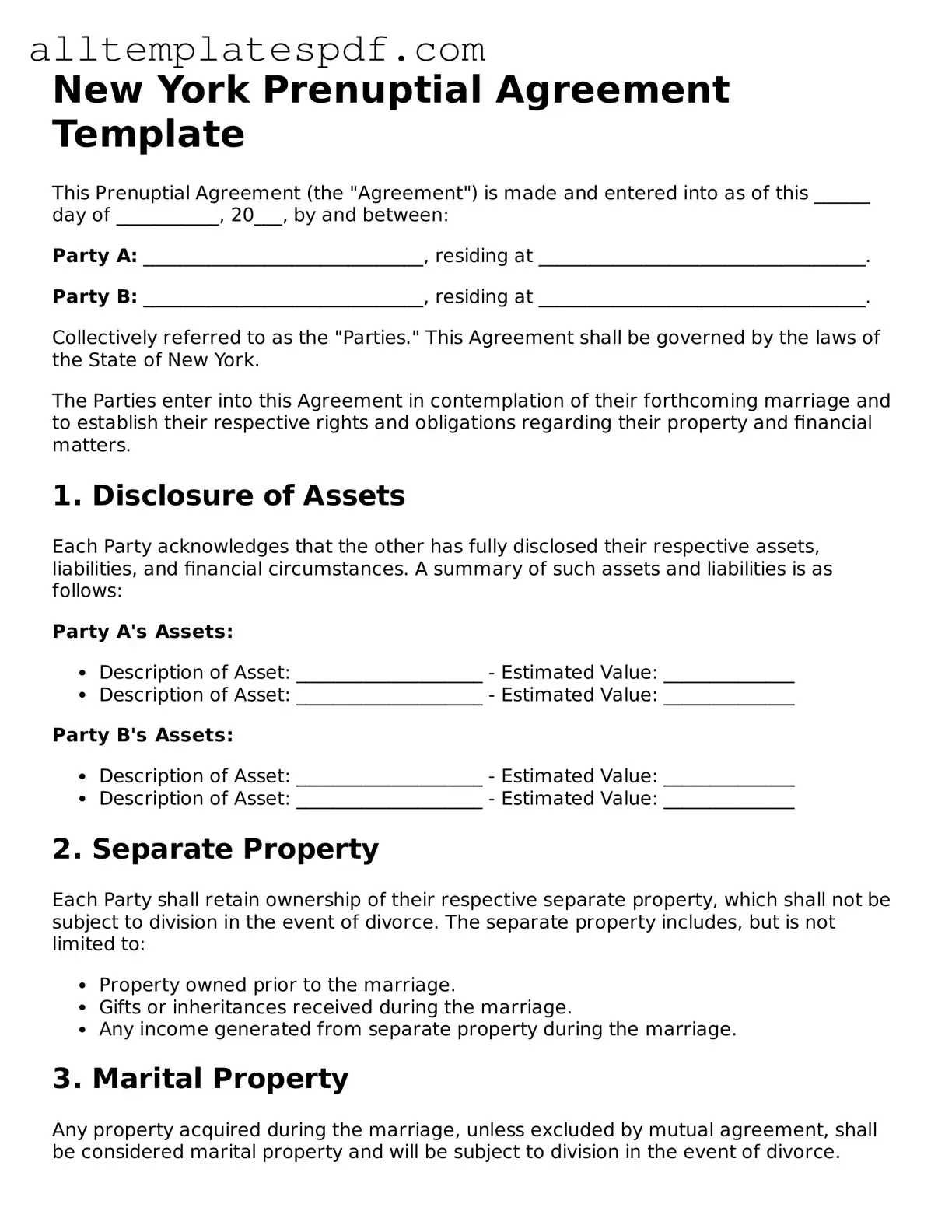When preparing a prenuptial agreement in New York, individuals often overlook crucial details that can lead to complications down the line. One common mistake is failing to fully disclose assets. Both parties should provide a complete picture of their financial situation. If one partner hides assets or undervalues them, it can cause distrust and potentially invalidate the agreement.
Another frequent error involves using vague language. Clear and specific terms are essential in a prenuptial agreement. Ambiguities can lead to differing interpretations later, which may result in disputes. Each clause should be straightforward and easily understood to prevent confusion in the future.
Many people also neglect to consider future changes. Life circumstances can shift dramatically after marriage, whether due to career changes, children, or other factors. It’s wise to include provisions that address how the agreement will be modified in light of significant life events. This foresight can help maintain fairness as time goes on.
Failing to seek legal advice is another common pitfall. While it might seem tempting to draft a prenuptial agreement without professional help, this can be a risky move. An attorney can provide valuable insights and ensure that the agreement complies with New York laws. They can also help tailor the agreement to meet the specific needs of both parties.
Some individuals mistakenly believe that prenuptial agreements are only for the wealthy. This misconception can lead to missed opportunities for protection. Regardless of income level, a prenuptial agreement can safeguard individual assets and clarify financial responsibilities, making it a useful tool for many couples.
Additionally, individuals may rush the process. Taking the time to carefully discuss and negotiate the terms is crucial. A rushed agreement can lead to misunderstandings and resentment. Couples should approach the conversation with patience and openness to ensure both parties feel comfortable with the terms.
Another mistake is not addressing debts. While many focus on assets, it’s equally important to consider liabilities. If one partner has significant debt, the agreement should clarify how that debt will be managed during the marriage and in the event of a divorce. This can prevent one partner from being unfairly burdened by the other’s financial obligations.
Lastly, people often forget to review the agreement periodically. A prenuptial agreement should not be a one-time task. As life evolves, so should the agreement. Regular reviews can help ensure that it remains relevant and fair, reflecting the current circumstances of both partners.

